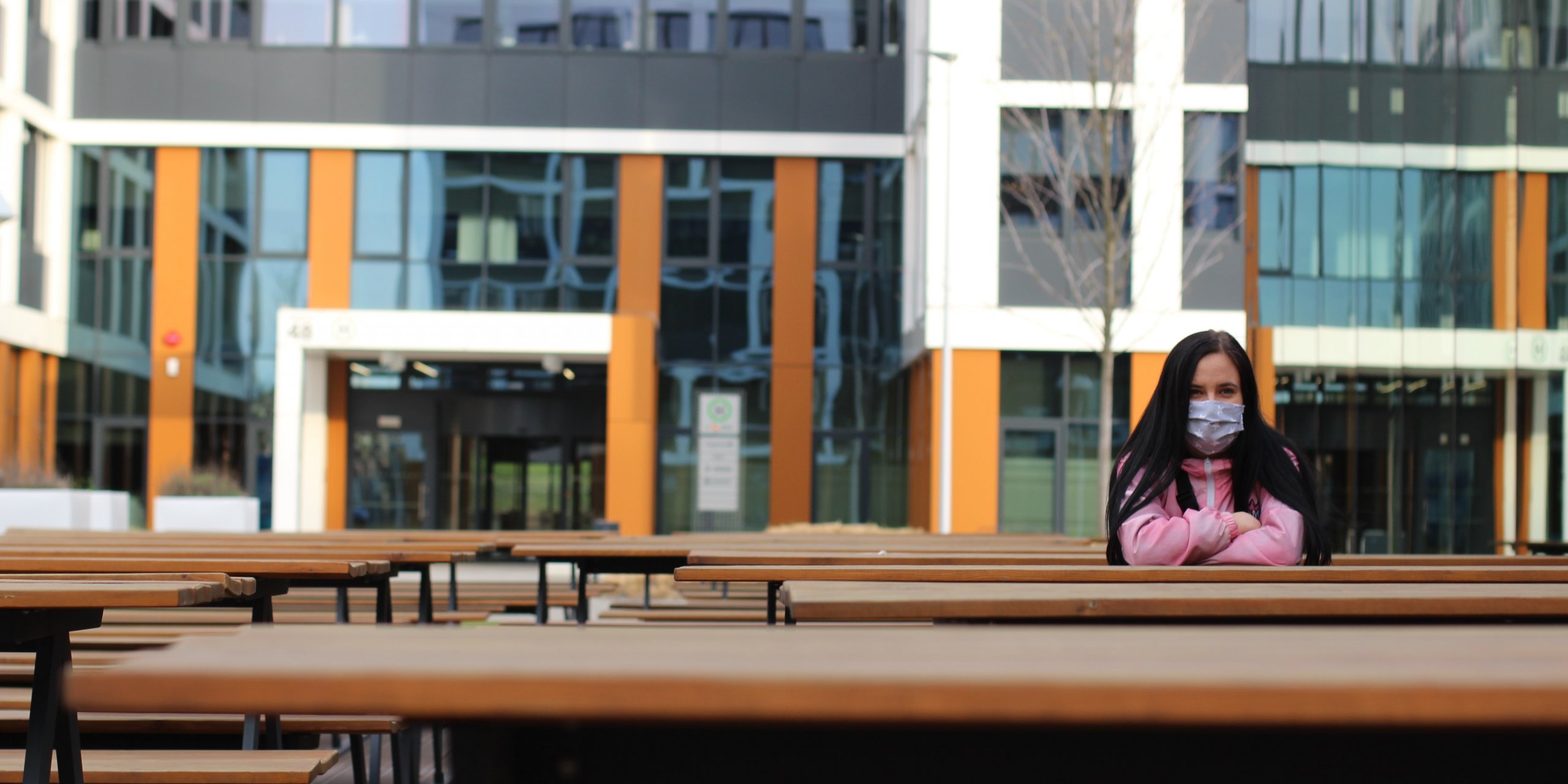
This year’s UN Human Rights Day focuses on the need to build back better following the Covid-19 pandemic by ensuring Human Rights are central to recovery efforts. To end the pandemic and build a strong recovery, we need to build good science. And we can only do that by giving women — half of humankind — the same possibility that men have to contribute their talent and dedication to building the science we need.
Scientists around the world have been affected by the Covid-19 pandemic. However, not all scientists are affected in the same ways and to the same extent. Women are hit particularly hard, especially those at an early stage of their careers. There are two main reasons for that:
As a consequence of these two factors, since the outbreak of the pandemic, there has been a decline in the relative proportion of women posting preprints and submitting research projects. This in turn often puts their career advancement or continued employment at risk.
In this time of pandemic, when a health crisis combines with an economic crisis, the work of scientists is critical. The world stands to lose much unless all scientists are in a position to pursue their work in good conditions and also if a significant number of scientists drop out of their research careers.
“Giving women scientists the same chance as men to help “build back better” is crucial to overcoming the pandemic. But several studies have shown that the work of women scientists (especially those at an early stage of their careers) is suffering more than that of men from the disruption caused by the pandemic. The Standing Committee for Gender Equality in Science (SCGES), which represents ten international scientific unions and associations, is calling for urgent measures to support these women’s work and careers.”
Catherine Jami, Chair of the Standing Committee for Gender Equality in Science,
Representative of IUHPST; Secretary General, IUHPST & DHST
Just as some governments support the preservation of jobs endangered by the pandemic, it is urgent to take action to prevent science from losing some of its most promising contributors. This can be done by upholding and further developing measures aimed at supporting and promoting women’s research and academic careers. Here are some possible ways to act in this direction during the present crisis.
All these forms of support need to be publicized widely, so as to encourage those who can benefit from them to submit their papers and projects.
In order to promote gender equality in science, a number of international organizations who took part in the project A Global Approach to the Gender Gap in Mathematical, Computing, and Natural Sciences: How to Measure It, How to Reduce It? wish to act together to further promote this goal by continuing and enlarging the work accomplished so far, in particular by supporting women and girls’ equal access to science education, fostering equal opportunity and treatment for females in their careers. For this purpose, they established a Standing Committee for Gender Equality in Science (SCGES) in September 2020.
The Standing Committee for Gender Equality in Science calls for all individuals and institutions engaged in science to join forces in supporting women colleagues whose research careers are jeopardized by the pandemic.
Partner Organizations:
Photo by Emma Shulzhenko on Unsplash